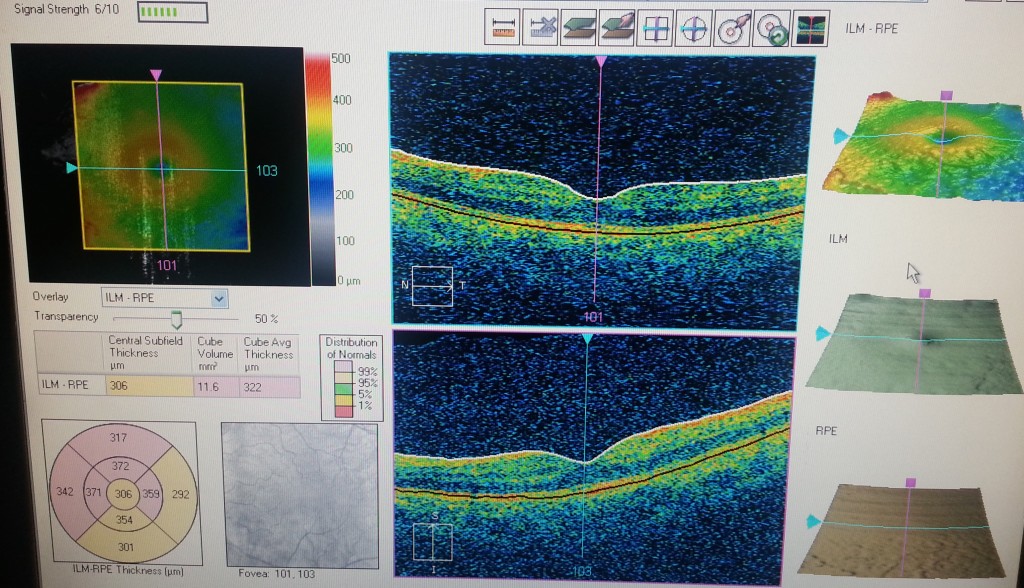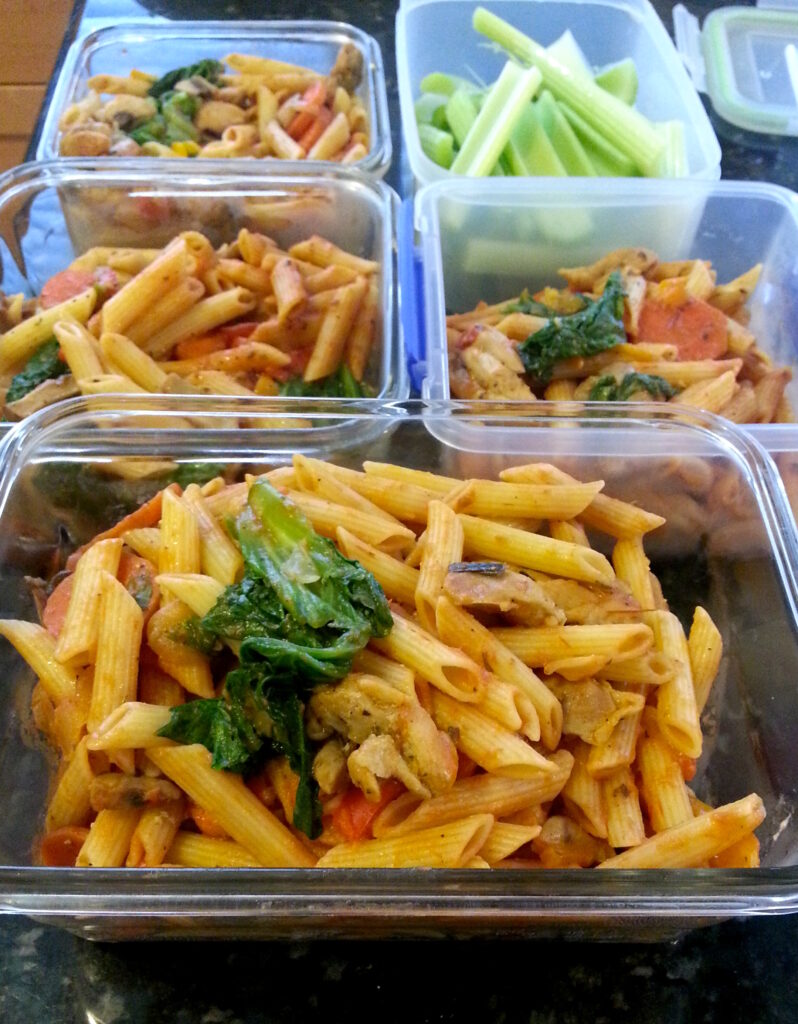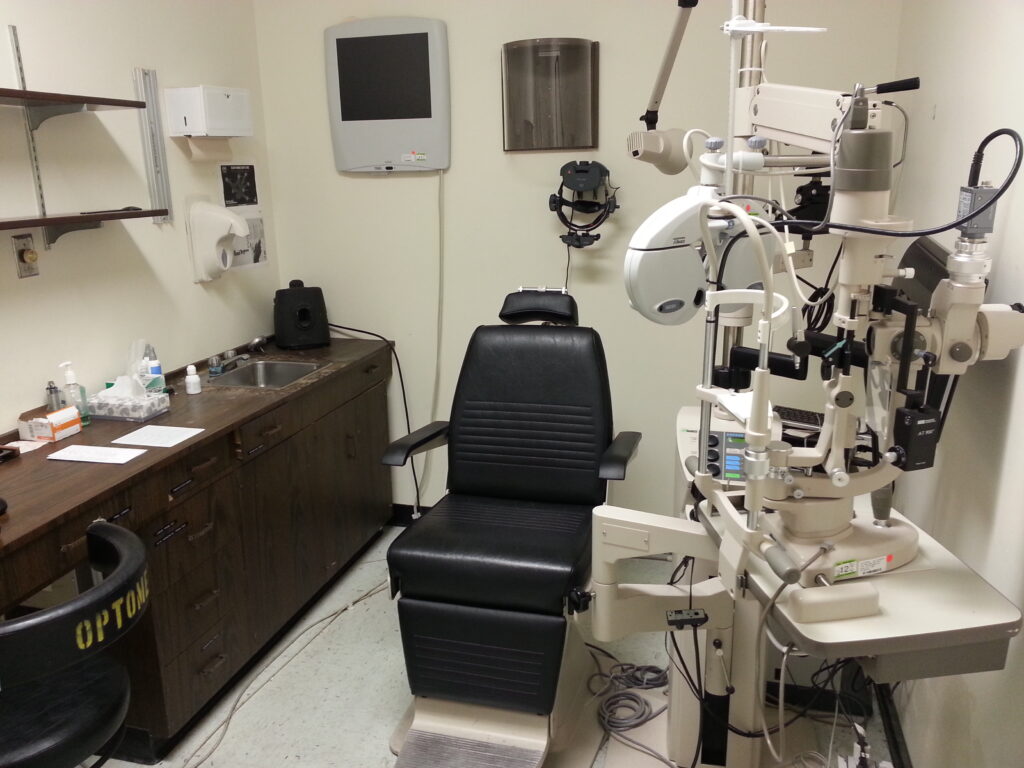Dear Diary,
Fourth year clinical rotations are the pinnacle of optometry school that all students are anxious for. It’s a time of freedom, learning, and exposure to parts of optometry you may never see in the school clinic. Or is it?
My name is Lawrence Yu, and I’ve started my clinical rotations as a fourth year student at the Southern California College of Optometry at Marshall B. Ketchum University. Through this blog, I will chronicle and share my rotations experience throughout the year at my four different sites. Join me as I leave the safety of the school clinic and enter the real world of optometry. Learn with me as I see some crazy eye diseases. Suffer with me as I endure moving every 2.5 months. Follow me and prepare yourself for your last year of optometry school.
—
Friday, July 18, 2014
Real Talk Tips from the Half-Way Mark: Day 55 of 79 at Naval Medical Center of San Diego
It’s the half-way mark for my first clinical rotation site at the Naval Medical Center of San Diego, and it’s been a great experience so far. Practicing optometry at a clinic outside of school is an entirely different experience than in the school clinic. Patients assume that I’m a doctor and expect knowledge and outstanding bedside manner whereas in the school clinic, patients know that you’re just a student. When patients expect more from me, I push myself to meet their expectations. It’s always worth it in the end when the staff doctor introduces him or herself to the patient, and the patient asks, “But I thought he was the doctor? He’s just a student? Wow!”
Here is a collection of things that I have learned so far here at my first rotation site. I’ve categorized my experiences into clinical optometry, surviving on rotations, and real life:
Clinical Optometry:
- I realize now just how much I’ve learned and how powerful my optometric skills can be. When I’m in a new clinic and providing quality care to patients with foreign equipment and old slit lamps, I feel empowered. In school, I felt as if my equipment gave me the ability to see patients. While on rotations, I realized that it was my skills and knowledge, not the slit lamp or BIO that I was using, that allowed me to care for patients.
- My first prescribing an oral medication was an amazing experience. I don’t know how to explain it, but having the privilege to treat with a systemic medication and knowing it should work really makes you feel like an optometric physician.
- Red eyes are extremely difficult to treat without a thorough case history. The case history will dictate your differential diagnosis, and slit lamp examination will likely confirm it. I always ensure to spend a few more minutes on case history than normal for a red eye appointment.
- Always remember to flip the upper lids for contact lens wearers. Irritation can be due to hidden GPC that you would never catch unless you took the time to flip the lids.
- I used to do BIO starting peripherally at the ampulla because it saved time. I assumed that 78D/90D was enough to see the entire mid-peripheral retina. After missing a possible nevus in the mid-peripheral nasal area, I now do 78D/90D as far as I can, then I begin BIO mid-peripherally to double check and scan peripherally to ensure I’m seeing everything.
- Because I’m in a military site, all exam services are free for the patient. It is an absolute privilege to order specialized testing like OCT whenever I felt appropriate without worry about insurance. Doing OCT on large C/Ds gives me peace of mind even though I may be almost certain that the large cups are physiological and not due to glaucoma. With OCT, I gain more certainty and confidence in my clinical decision making.

A suspicious looking but normal macula.
Surviving on Rotations:
- Costco rotisserie chicken is one of the best value food items you can buy. $5 will provide you with meals for daysssss. When I go to Costco, the only things I will buy now are the chicken, eggs, and bananas. Then I try to get out of there as quickly as possible before I get tempted to spend more money.
- I’m always tired coming home from clinic. It is draining to provide quality care to a full schedule of patients. Taking a shower and drinking a coffee after coming home tricks my body and mind into thinking it’s a new day.
- Ensure you keep up with maintaining your car. It is my worst fear to have my car break down and be unable to go to clinic for days. Moreover, you’ll be at the mercy of an unknown car shop giving you repair price quotes you’re not sure are trustworthy.
- It can be easy to burn out after five straight days of full time clinic. Always have something fun planned for that weekend so you can look forward to a light at the end of the tunnel. Explore the city!
- It’s easier to cook a ton of food on Sunday for the week than to cook individual meals each weekday night. It gets old and boring extremely quickly though.

Pasta for a week’s worth of lunch.
Real Life:
- Always tell people why you want them to do something. Some patients are extremely sensitive to light and refuse to open their eyes for DFE. When I tell them that I can get a better look at the health of their eyes if they open their eyes wider, then they cooperate with me a little better. If I just shout at them to open wide without a reason, things usually go downhill from there.
- I get better service from people if I do errands after clinic so I’m in clinic attire than on the weekend when I’m in PJs. So if you’re getting a haircut, do it in clinic attire and you may get better service (because you look like you can afford to tip more).
- I’m realizing the importance of picking the right work environment in creating life satisfaction. Doing something every single day for 8 hours will quickly help you determine if this is what makes you happy and satisfied. Rotations have helped me solidify my decision to pursue optometry because of the joy it gives me in taking care of my patients. It’s also providing me insight into what kind of practice modalities I’d be comfortable with.

Clinical rotations is a unique experience to learn about yourself as an optometrist and how you’d like to see yourself in the future. It’s an opportunity to try it before you buy it. So far, optometry in a hospital setting has been fantastic, and I look forward to the rest of my first rotation site.

